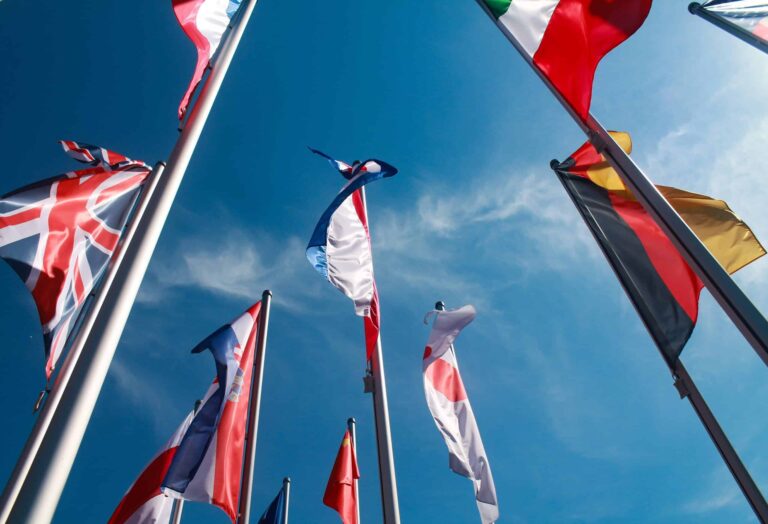The United Nations Educational, Scientific and Cultural Organization (UNESCO) is an agency of the United Nations that promotes international cooperation in education, science, and culture.
Its stated purpose is to contribute to security by promoting international collaboration through educational, scientific, and cultural reforms to increase universal respect for justice, the rule of law, human rights, and fundamental freedom proclaimed in the United Nations Charter.
As a result of its mandate, it’s active in areas such as literacy, technical training, gender equality in education, and building capacity for sustainable development, among others.
Table of Contents
The functions of UNESCO
The UNESCO’s main functions and purposes are:
- to promote international cooperation in solving international problems of an economic, social, or cultural nature that may affect peace and security;
- to carry out studies on problems of common interest to all mankind;
- to provide information concerning the policies of its members;
- to encourage international cooperation for educational, scientific, and cultural purposes;
- to participate in any other organization or agency having similar aims or activities.
The areas of specialization of UNESCO
Human rights
The United Nations General Assembly adopted the Universal Declaration of Human Rights on December 10, 1948.
This declaration states that everyone has basic human rights that should be respected regardless of nationality, race, or sex. It is important because it explains people’s rights and how others should treat them.
Peace
UNESCO works with people around the world to promote peace as an essential condition for sustainable development. Peace does not just mean an absence of war or conflict. It means keeping a state or community safe from crime and violence.
Peace also means that people take responsibility for their actions toward others – which can mean helping others when they are in need.
Sustainable development
UNESCO works with governments worldwide to encourage them to invest in education so that young people can become well-educated and have the skills needed to get good jobs.
It also works with governments to ensure that everyone has access to quality education and healthcare. In this way, UNESCO hopes to help people build better futures for themselves and their children.
UNESCO’s main activities and projects
The following are some of the main initiatives and projects of UNESCO:
Education
UNESCO’s Education for All (EFA) initiative aims to provide quality learning opportunities for all individuals through access to education. EFA seeks to achieve six global education targets, including reducing by half the gap in enrolment rates between rich and poor children and increasing adult literacy rates by 50 percent.
Human rights
UNESCO promotes the human rights of women and girls through its Gender Equality and Women’s Empowerment Division.
The division works with countries around the world to help them achieve gender equality through legislation, programs, and projects such as The Gender Equality Index (GEI).
Museums, archaeological sites and cultural heritage
UNESCO works with museums worldwide to preserve cultural heritage sites such as archaeological sites. It also supports efforts to document endangered languages, rituals, and traditions through projects like Endangered Languages Documentation Programmes (ELDOLOPs).
International Literacy Day
The International Literacy Day was first observed on September 8, 1966. It is an occasion for UNESCO to raise awareness about literacy issues worldwide. Each year on this day, UNESCO promotes literacy by organizing events at the national level, such as conferences or seminars.
World Book Day
This day falls on April 23 every year since its establishment in 2001 by UNESCO’s General Conference. The purpose behind it is to promote reading among children and adults.
The day is celebrated in more than 100 countries. It is an opportunity above all for children to express themselves through their favorite books and characters and meet people involved in the world of literature and publishing.
UNESCO’s contribution to promote peace and human rights
UNESCO promotes peace and human rights by working with countries around the world to develop education systems, preserve cultural heritage sites like museums and monuments, protect endangered species from extinction, and preserve our oceans through sustainable fishing practices.
UNESCO also works closely with other UN agencies, such as WHO (World Health Organization), UNICEF (United Nations Children’s Fund), and ILO (International Labor Organization).












